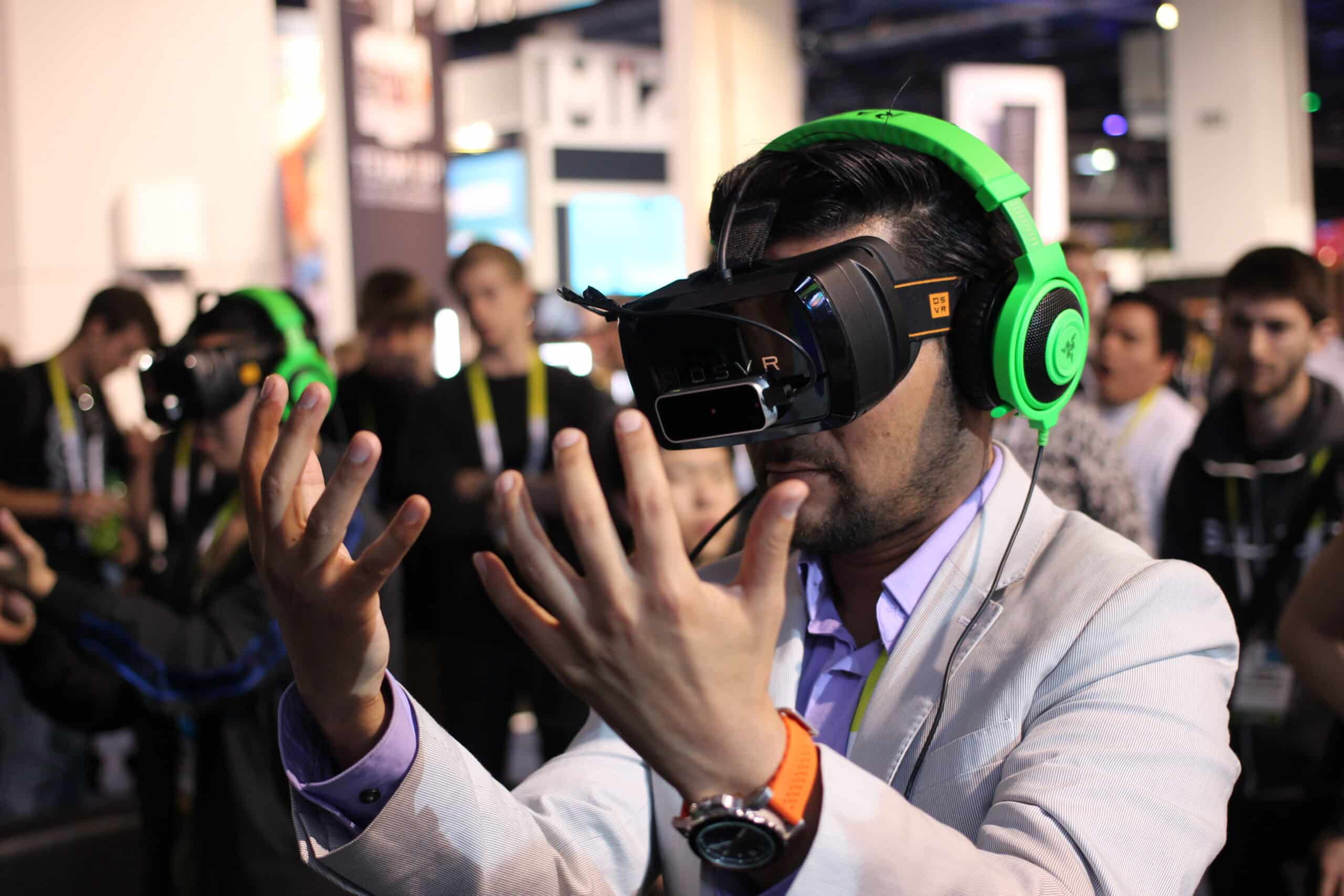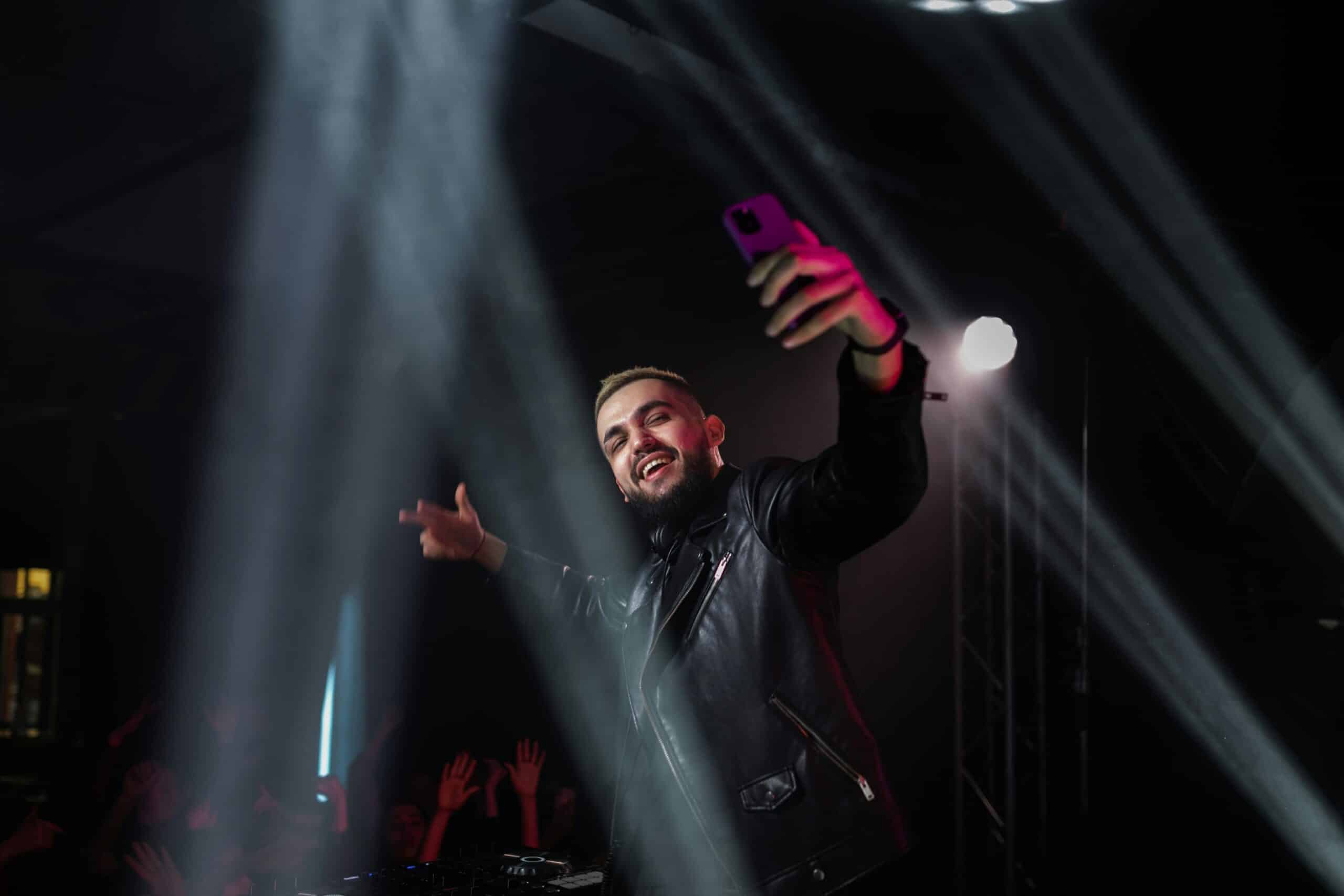The digital marketing landscape is constantly evolving, and virtual reality (VR) is poised to be one of the most transformative technologies in shaping the future of brand engagement. While augmented reality (AR) has already made its mark by overlaying digital elements onto the physical world, VR takes it a step further by creating fully immersive environments where consumers can interact with brands in entirely new ways.
As experiential marketing continues to grow, brands are increasingly investing in VR-driven marketing campaigns, virtual showrooms, and immersive brand storytelling. The ability to transport customers into a 360-degree digital world, where they can experience a product or service firsthand, has the potential to revolutionize how businesses connect with their audiences.
In this article, we’ll explore how virtual reality is changing the digital marketing industry, highlight real-world applications, and discuss how Towerhouse Global can help brands integrate VR into their experiential marketing and live event strategies.
1. Why Virtual Reality is Transforming Digital Marketing
Beyond Traditional Marketing: The Power of Immersion
Consumers are no longer satisfied with traditional digital marketing tactics like banner ads, pop-ups, or static video commercials. They want interactive and immersive experiences that engage their senses and emotions—something that VR delivers in a way that no other medium can.
📌 Why VR is Changing the Game for Digital Marketing:
✔ Creates immersive, memorable brand experiences.
✔ Enhances product visualization and interactive storytelling.
✔ Encourages higher engagement and emotional connections with brands.
✔ Bridges the gap between digital and physical marketing experiences.
How Towerhouse Global Can Help:
We specialize in creating immersive VR-powered marketing campaigns, virtual experiences, and live brand activations that make brands stand out.
2. How Virtual Reality is Changing the Digital Marketing Industry
- VR-Powered Brand Storytelling & Interactive Advertising
📌 Why It Matters:
- Storytelling is a crucial part of branding, and VR allows companies to tell their stories in a more engaging and interactive way.
- Brands can use VR to transport customers into their world, offering a unique perspective that traditional marketing cannot achieve.
📌 Example:
- Coca-Cola’s VR Holiday Experience – Coca-Cola created a VR-powered holiday journey, allowing users to experience a magical winter wonderland through immersive storytelling.
✔ Why This Works:
✅ Creates emotional connections with consumers.
✅ Increases brand recall and engagement.
✅ Encourages social sharing and word-of-mouth marketing.
How Towerhouse Global Helps:
We develop VR-powered brand storytelling experiences that captivate audiences and create lasting impressions.
- Virtual Showrooms & E-Commerce Innovation
📌 Why It Matters:
- E-commerce brands are now using VR to allow customers to “walk through” virtual stores and interact with products as if they were physically there.
- Virtual showrooms create a hybrid shopping experience that combines the best of digital and in-person retail.
📌 Example:
- IKEA’s VR Shopping Experience – IKEA allows customers to navigate a virtual store, interact with furniture, and even customize their home layout in VR before making a purchase.
✔ Why This Works:
✅ Reduces buyer hesitation by offering an interactive shopping experience.
✅ Increases conversion rates by allowing customers to see products in action.
✅ Enhances personalization by adapting to customer preferences.
How Towerhouse Global Helps:
We create custom VR-powered retail experiences and virtual storefronts that enhance customer engagement and sales.
- VR for Experiential Marketing & Live Brand Activations
📌 Why It Matters:
- Live events and experiential marketing activations can be enhanced with VR to create fully immersive brand experiences.
- Companies can offer VR-based brand experiences at trade shows, festivals, and pop-up activations, making interactions more engaging.
📌 Example:
- Volvo’s VR Test Drive – Volvo created a VR-powered test drive experience, allowing potential buyers to explore their latest models in a simulated driving environment.
✔ Why This Works:
✅ Makes brand activations more exciting and memorable.
✅ Encourages deeper consumer engagement with the brand.
✅ Creates a wow-factor experience that boosts social media exposure.
How Towerhouse Global Helps:
We develop VR-powered experiential marketing activations that take live brand engagements to the next level.
- VR-Powered Training & Product Demonstrations
📌 Why It Matters:
- VR allows brands to showcase their products in ways that were never possible before.
- Companies can provide hands-on VR training simulations and interactive product demos to educate consumers.
📌 Example:
- Walmart’s VR Employee Training – Walmart used VR-powered training modules to simulate real-world store scenarios, improving employee preparedness.
✔ Why This Works:
✅ Enhances learning and product understanding.
✅ Engages consumers with interactive product demos.
✅ Increases confidence in purchases by offering hands-on virtual experiences.
How Towerhouse Global Helps:
We create VR-based product demonstrations and training simulations that help brands educate and engage their customers effectively.
3. The Future of Virtual Reality in Digital Marketing
📌 Emerging Trends in VR Marketing:
✔ Metaverse Brand Activations – Brands will create virtual worlds where consumers can engage with products and services.
✔ AI-Powered Personalization – VR experiences will be tailored to individual preferences, making interactions more relevant.
✔ Wearable VR Technology – Devices like VR headsets and smart glasses will become more mainstream, increasing VR adoption.
✔ Virtual Influencer Marketing – Brands will use VR-powered virtual influencers to engage with audiences in digital spaces.
📌 Example:
- Nike’s VR Gamification Strategy – Nike created a VR-powered obstacle course that allowed users to virtually test their latest sneaker technology.
✔ Why This Matters:
✅ Brands that embrace VR early will gain a competitive edge.
✅ Immersive experiences increase customer retention and loyalty.
✅ VR-powered marketing will redefine how consumers interact with brands.
4. How Towerhouse Global Can Help Brands Implement VR in Marketing
📌 Our Virtual Reality Marketing Services:
✔ VR-Powered Brand Storytelling & Advertising – Creating immersive campaigns that captivate audiences.
✔ Virtual Showrooms & Retail Experiences – Designing interactive VR shopping environments.
✔ Live Event & Trade Show VR Activations – Producing VR-enhanced brand activations that engage attendees.
✔ AI-Driven Personalized VR Experiences – Integrating data-driven insights to create adaptive VR marketing campaigns.
📩 Contact Towerhouse Global today to develop a high-impact VR marketing campaign that transforms brand engagement and drives results! 🚀
Final Thoughts: The Future of Marketing is Virtual
✔ Virtual reality is redefining how brands connect with consumers.
✔ Experiential marketing powered by VR creates deeper customer engagement.
✔ Brands that invest in VR marketing will set themselves apart in the digital landscape.
At Towerhouse Global, we specialize in:
✅ Developing immersive VR-powered marketing campaigns.
✅ Enhancing digital and live brand experiences with VR technology.
✅ Creating unforgettable consumer interactions that drive engagement and conversions.
Ready to elevate your marketing strategy? Contact Towerhouse Global today!






